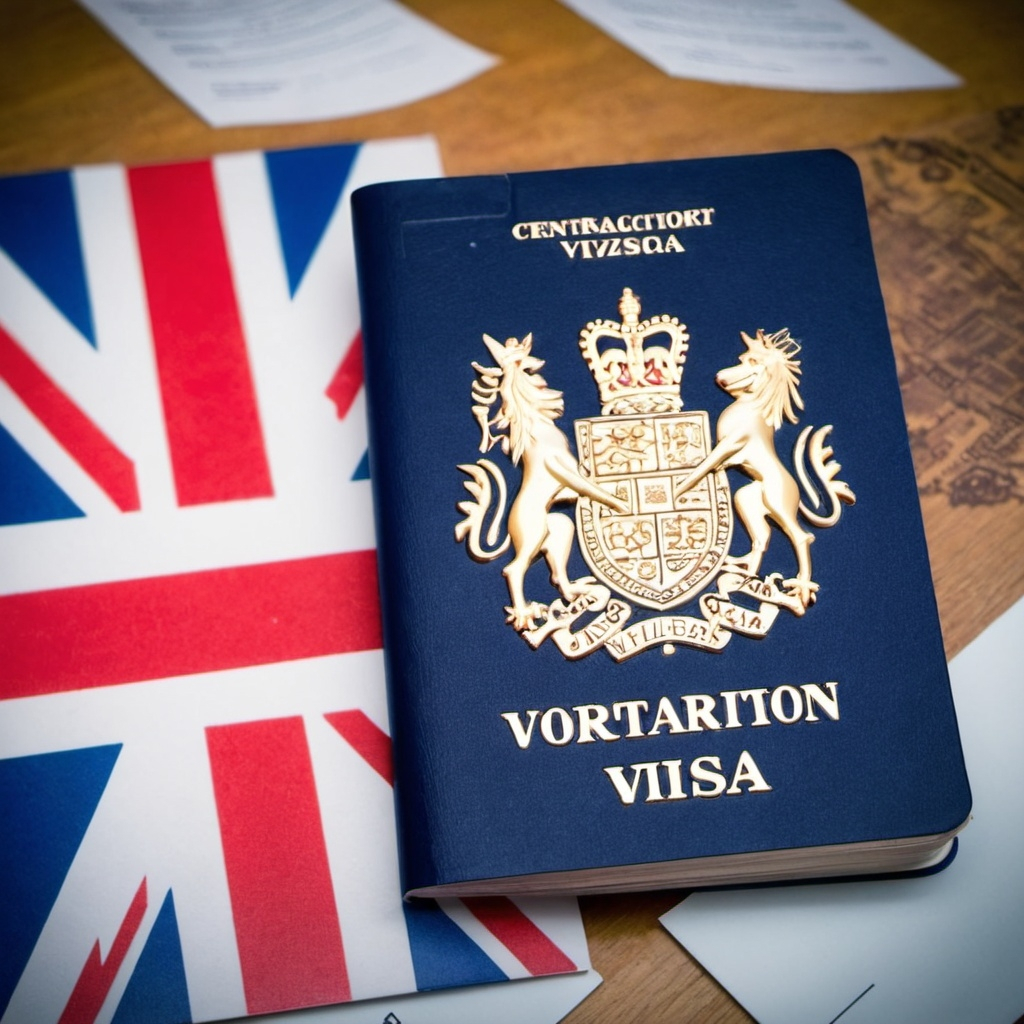UK Skilled Worker Visa Changes In 2024:
The UK continues to refine its immigration policies to address economic needs and attract global talent. In 2024, several important changes to the Skilled Worker visa have been introduced, affecting international workers, UK employers, and students alike. These modifications aim to streamline the visa process, enhance access to skilled labor, and make the UK an even more attractive destination for highly skilled professionals.
This article will break down the key changes to the UK Skilled Worker visa in 2024, explore their implications, and discuss how they may affect applicants and employers.
The UK Skilled Worker visa allows foreign nationals to work for UK employers in skilled roles. It replaced the Tier 2 (General) visa in 2020 as part of the UK’s new points-based immigration system. This visa requires applicants to have a job offer from a UK employer who holds a valid sponsor license, meet salary thresholds, and demonstrate English language proficiency.
The visa is a popular route for skilled professionals and international graduates who want to live and work in the UK long-term, with the potential to apply for Indefinite Leave to Remain (ILR) after five years of residency.
To get a detailed eBook on the UK skilled worker visa changes in 2024 click here
UK Skilled Worker Visa Changes In 2024
Several significant changes to the Skilled Worker visa have been implemented in 2024, with a focus on expanding access to more workers, simplifying the process, and addressing gaps in the UK labor market.
Increased Salary Thresholds
One of the most notable changes in 2024 is the increase in the minimum salary threshold. The UK government has raised the salary requirement for the Skilled Worker visa to reflect inflation and ensure that incoming workers are paid fairly relative to UK wages.
The general salary threshold has increased from £25,600 to £26,200 per year.
Certain high-demand or shortage occupations, such as healthcare and technology roles, may have lower salary thresholds, but the changes ensure that these still align with market wages.
Employers must now adjust their job offers accordingly to meet the new salary requirements when sponsoring foreign workers. To get a detailed eBook on the UK skilled worker visa changes in 2024 click here
Expansion Of The Shortage Occupation List
The UK’s Shortage Occupation List (SOL) identifies roles where there is a recognized shortage of skilled workers in the country. Being on this list allows employers to sponsor international workers at a lower salary threshold and provides workers with more points under the immigration points system.
In 2024, the UK government has expanded the SOL to include more job roles in sectors facing significant labor shortages, such as:
Healthcare: New roles in mental health care, nursing, and elderly care have been added.
Technology: An increased number of tech-related positions, such as AI specialists, cybersecurity experts, and software engineers, have been included.
Construction and Infrastructure Due to a growing need for housing and public projects, several construction and engineering roles have been added to the list.
-Hospitality and Agriculture The hospitality industry, struggling to fill vacancies post-pandemic, and agriculture, which has labor shortages in seasonal work, also benefit from the expansion of the SOL.
This expansion of the SOL aims to help UK businesses fill critical gaps and make it easier for professionals in these fields to qualify for the Skilled Worker visa. To get a detailed eBook on the UK skilled worker visa changes in 2024 click here
Simplified Sponsorship Process For Employers
The UK government has introduced measures in 2024 to simplify the sponsorship process for employers, making it easier and faster to hire skilled foreign workers. Some of the changes include:
Streamlined Application Procedures: Employers sponsoring foreign workers no longer need to undergo the Resident Labor Market Test, reducing the paperwork and waiting time involved in hiring international employees.
Digital Certificates of Sponsorship (COS): The introduction of a fully digital COS system allows employers to issue certificates faster and manage their sponsored workers more effectively.
Reduced Bureaucracy for Trusted Sponsors: Employers who have held a sponsorship license for several years and have a track record of compliance may benefit from reduced reporting requirements and expedited visa processing for their sponsored employees.
These changes are designed to make the visa process more efficient for both employers and applicants, encouraging businesses to hire international talent to address critical skill gaps.
Updated Points-Based System
The Skilled Worker visa operates under a points-based system, where applicants must score at least 70 points to qualify. In 2024, changes have been made to the points allocation to reflect the evolving needs of the UK economy:
More Points for High-Demand Sectors: Applicants in sectors such as healthcare, education, and green technologies can now receive more points for their job offers, as the UK government seeks to prioritize these fields.
New Points for Innovation and Research: Workers who contribute to cutting-edge research, innovation, or technological development can earn additional points, aligning with the UK’s focus on becoming a global leader in science and technology.
Changes in Educational Criteria: More emphasis is placed on postgraduate qualifications, especially for workers in the fields of STEM (Science, Technology, Engineering, Mathematics). PhD holders in relevant disciplines can also earn more points, further incentivizing international talent in academia and research.
To get a detailed eBook on the UK skilled worker visa changes in 2024 click here
Flexible Work Options For Visa Holders
Another significant change in 2024 is the introduction of more flexibility for Skilled Worker visa holders in terms of job changes and secondary employment:
Easier Job Switching: Visa holders who want to change employers or switch to a different job in the same sector no longer need to reapply for a new visa. Instead, they can update their details with the Home Office through an expedited process, reducing administrative burdens.
Secondary Employment: Skilled Worker visa holders are now allowed to take on additional jobs in sectors experiencing labor shortages without needing additional sponsorship, as long as their primary employment remains with their sponsoring employer.
These changes provide more freedom for visa holders to pursue additional employment opportunities and allow businesses to benefit from a more flexible workforce.
Implications Of The Changes
The 2024 changes to the Skilled Worker visa have several important implications for both workers and employers:
- Greater Access for Skilled Workers The expanded Shortage Occupation List and revised points-based system create more opportunities for workers in high-demand sectors to secure a visa and work in the UK.
- Increased Competition for Jobs: While more roles are available, the higher salary thresholds and emphasis on postgraduate qualifications may make competition for jobs more intense, particularly for entry-level positions.
- Streamlined Hiring for Employers: UK businesses benefit from a simplified sponsorship process, allowing them to hire talent more quickly to address skill shortages.
- Incentives for Innovation By rewarding innovation and research, the UK is positioning itself as a global leader in science and technology, encouraging workers in these fields to relocate and contribute to the UK’s economy .To get a detailed eBook on the UK skilled worker visa changes in 2024 click here
The 2024 changes to the UK Skilled Worker visa are part of the government’s ongoing effort to attract and retain highly skilled professionals from around the world. These modifications aim to address labor shortages, particularly in critical sectors such as healthcare, technology, and construction, while offering workers more flexibility and better pathways to permanent residency.
For international students and workers looking to build a career in the UK, the updated Skilled Worker visa provides even more opportunities to transition from education to employment and establish a long-term presence in the UK. With increased salary thresholds, a more inclusive Shortage Occupation List, and streamlined application processes, the 2024 changes enhance the visa’s appeal as a gateway to success in the UK workforce.






